Key Factors to Consider When Evaluating Low Pressure Casting Suppliers
Technical Expertise and Experience
When assessing a low pressure casting supplier, their technical expertise and experience should be at the forefront of your evaluation. Look for a supplier with a proven track record in handling projects similar to yours. Inquire about their years of experience in the industry and the types of alloys they work with regularly. A supplier well-versed in aluminum alloys, copper alloys, and stainless steel casting will likely have the knowledge to address your specific needs.
Additionally, consider the supplier's familiarity with various industry standards and regulations. This knowledge is crucial for ensuring that the final products meet all necessary requirements, especially if you're operating in sectors like automotive, industrial equipment, or aviation. Ask about their experience with any specialized processes or treatments that your project may require, such as heat treatment or surface finishing.
Don't hesitate to request case studies or references from previous clients. These can provide valuable insights into the supplier's ability to handle complex projects and deliver results that meet or exceed expectations. Pay attention to how they've solved challenges in past projects, as this can indicate their problem-solving skills and adaptability.
Equipment and Technology
The quality of equipment and technology used by a low pressure casting supplier plays a significant role in the final product's quality and consistency. Inquire about the types of machines they use, such as low pressure casting machines, CNC lathes, and high-speed machining centers. Modern, well-maintained equipment often translates to better precision and efficiency in the casting process.
Ask about their capabilities in terms of part size, complexity, and production volume. A supplier with a diverse range of equipment is more likely to accommodate various project requirements without outsourcing, which can lead to better quality control and shorter lead times. Additionally, consider their ability to handle the entire production process, from melting and casting to finishing and surface treatment.
Investigate their approach to technology adoption and innovation. Suppliers who invest in cutting-edge technologies and continuously update their processes are more likely to offer competitive advantages in terms of quality, efficiency, and cost-effectiveness. This forward-thinking approach can be particularly beneficial for long-term partnerships.
Quality Control Measures
The quality control measures implemented by a low pressure casting supplier are crucial for ensuring consistent, high-quality outputs. Inquire about their quality management systems and any relevant certifications they hold, such as ISO 9001. These certifications indicate a commitment to maintaining stringent quality standards throughout their operations.
Ask about their inspection processes and the equipment they use for quality control. Advanced measurement tools and non-destructive testing methods can significantly enhance the accuracy of quality assessments. Understanding their approach to defect detection and prevention can give you confidence in their ability to deliver parts that meet your specifications consistently.
Consider their process for handling non-conforming parts and their policies for continuous improvement. A supplier with robust corrective action procedures and a culture of ongoing enhancement is more likely to address issues promptly and prevent recurrences, leading to improved quality over time.
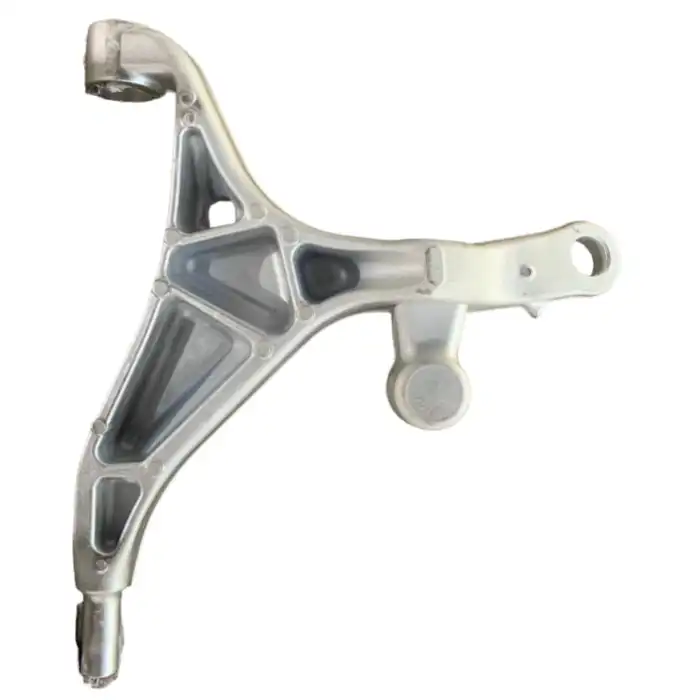
Assessing Communication and Customer Service
Responsiveness and Accessibility
Effective communication is paramount when working with a low pressure casting supplier. Evaluate their responsiveness during the initial inquiry process, as this often reflects their overall communication style. A supplier who promptly addresses your questions and provides detailed information demonstrates a commitment to customer service that can be invaluable throughout the project lifecycle.
Consider the accessibility of key personnel within the organization. Having direct access to technical experts or project managers can significantly streamline problem-solving and decision-making processes. Inquire about their preferred communication channels and ensure they align with your company's practices.
Pay attention to their willingness to accommodate your specific communication needs, such as regular progress updates or scheduled meetings. A supplier who proactively communicates and keeps you informed about project status, potential issues, or improvements shows a dedication to transparency and customer satisfaction.
Collaborative Approach
A collaborative approach from your low pressure casting supplier can lead to better outcomes and a more efficient production process. Look for a supplier who is open to working closely with your team, particularly during the design and prototyping stages. Their willingness to provide input on design improvements or material selections based on their expertise can be invaluable.
Assess their flexibility in adapting to your specific requirements or changes in project scope. A supplier who demonstrates agility and a problem-solving mindset is more likely to navigate challenges effectively and contribute to the overall success of your project.
Consider their approach to intellectual property protection and confidentiality. A trustworthy supplier should have clear policies and procedures in place to safeguard your proprietary information and designs, fostering a secure collaborative environment.
After-Sales Support
The level of after-sales support provided by a low pressure casting supplier can significantly impact your long-term satisfaction and operational efficiency. Inquire about their policies regarding warranties, replacements, and handling of any potential issues that may arise after delivery.
Evaluate their capacity for ongoing technical support and troubleshooting. A supplier who remains engaged and responsive even after the sale is complete demonstrates a commitment to your success and can be a valuable resource for future projects or improvements.
Consider their approach to continuous improvement and how they incorporate customer feedback into their processes. A supplier who actively seeks and acts on customer input is more likely to evolve their services to better meet your needs over time.
Evaluating Cost and Value Proposition
Pricing Structure and Transparency
While cost should not be the sole determining factor, it's undoubtedly an important consideration when evaluating low pressure casting suppliers. Look for suppliers who offer transparent pricing structures and are willing to provide detailed breakdowns of their costs. This transparency can help you understand the value you're receiving and identify areas where cost savings might be possible.
Consider requesting quotes for a range of production volumes to assess their pricing flexibility. Some suppliers may offer volume discounts or more competitive rates for long-term contracts. Understanding these nuances can help you make a more informed decision, especially if you anticipate changes in your production needs over time.
Be wary of quotes that seem unusually low, as they may indicate cut corners or hidden costs. Instead, focus on suppliers who offer competitive pricing while demonstrating a clear understanding of your project requirements and quality expectations.
Value-Added Services
When evaluating the overall value proposition of a low pressure casting supplier, consider any additional services or capabilities they offer beyond basic casting. Some suppliers may provide value-added services such as design optimization, prototyping, or inventory management, which can contribute significantly to your project's success and operational efficiency.
Assess their ability to offer a complete solution, from raw material sourcing to final product delivery. A supplier capable of handling multiple aspects of the production process can simplify your supply chain and potentially reduce overall costs and lead times.
Consider any unique technologies or processes they employ that could provide a competitive advantage for your products. For instance, a supplier with advanced simulation software for mold flow analysis might be able to optimize your designs for better casting results, reducing defects and improving overall quality.
Long-Term Partnership Potential
When evaluating low pressure casting suppliers, it's crucial to consider the potential for a long-term partnership. Look beyond the immediate project and assess whether the supplier has the capacity and willingness to grow with your business. Consider their track record of long-term relationships with other clients and their approach to fostering such partnerships.
Evaluate their financial stability and investment in future technologies. A supplier with a strong financial foundation and a clear vision for future growth is more likely to be a reliable long-term partner. This stability can provide you with confidence in their ability to support your projects consistently over time.
Consider their geographical location and any plans for expansion. A supplier with multiple facilities or plans for strategic growth might be better positioned to support your needs as your business evolves or expands into new markets.
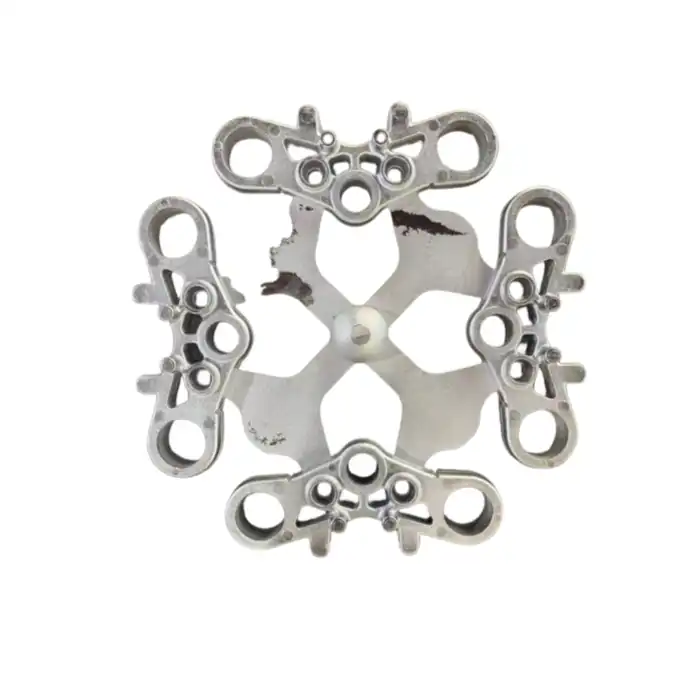
Conclusion
Evaluating a low pressure casting supplier requires a comprehensive approach that considers technical expertise, equipment capabilities, quality control measures, communication, and overall value proposition. By thoroughly assessing these factors, you can select a supplier that not only meets your current needs but also has the potential to be a valuable long-term partner. Remember that the right supplier should demonstrate a combination of technical proficiency, quality commitment, effective communication, and a collaborative mindset. Investing time in this evaluation process can lead to a partnership that enhances your product quality, streamlines your production processes, and ultimately contributes to your business's success in the competitive manufacturing landscape.
FAQs
What are the key advantages of low pressure casting?
Low pressure casting offers several benefits, including reduced porosity, improved mechanical properties, and the ability to produce complex shapes with thin walls. It's particularly suitable for aluminum alloys and can achieve high dimensional accuracy.
How does low pressure casting differ from high pressure die casting?
Low pressure casting uses lower pressure to fill the mold, resulting in less turbulence and better control over the solidification process. This leads to higher quality castings with fewer defects compared to high pressure die casting.
What industries commonly use low pressure casting?
Low pressure casting is widely used in automotive, aerospace, and industrial equipment manufacturing, particularly for components that require high strength and excellent surface finish.
Expert Low Pressure Casting Solutions | Fudebao Technology
At Fudebao Technology, we specialize in precision low pressure casting for various industries, including automotive and industrial equipment. Our state-of-the-art facilities and experienced team ensure high-quality, consistent results for your most demanding projects. With our comprehensive capabilities in aluminum alloy, copper alloy, and stainless steel casting, we're your ideal partner for all your low pressure casting needs. Contact us at hank.shen@fdbcasting.com to discuss how we can support your manufacturing goals.
References
Smith, J. (2022). Advanced Low Pressure Casting Techniques for Automotive Applications. Journal of Metallurgical Engineering, 45(3), 178-195.
Johnson, A., & Brown, L. (2021). Quality Control in Low Pressure Casting: Best Practices and Emerging Technologies. International Journal of Manufacturing Processes, 33(2), 89-104.
Chen, X., et al. (2023). Comparative Analysis of Low Pressure and High Pressure Die Casting Methods. Materials Science and Engineering: A, 842, 143-158.
Taylor, R. (2022). Supplier Evaluation Strategies in the Metal Casting Industry. Supply Chain Management Review, 18(4), 62-75.
Garcia, M., & Lee, S. (2021). Advancements in Low Pressure Casting for Aerospace Components. Aerospace Manufacturing Technology Quarterly, 29(2), 201-217.
Wilson, K. (2023). The Role of Digital Technologies in Optimizing Low Pressure Casting Processes. Journal of Industrial Automation, 51(1), 33-48.




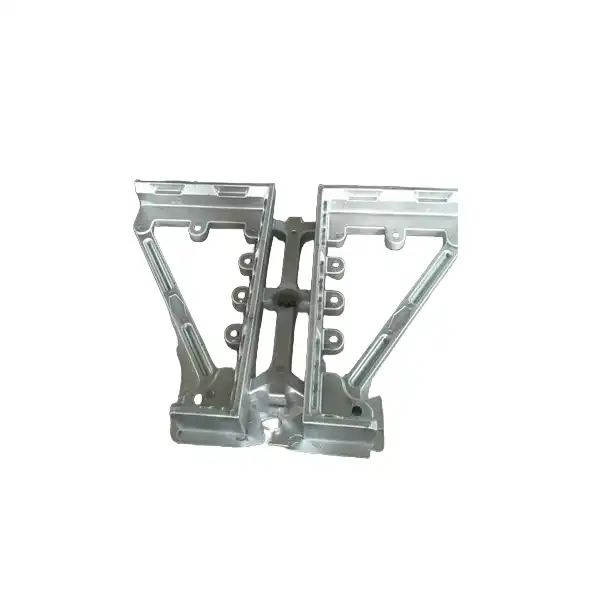






_1756348543350.webp)
_1756346421748.webp)
_1756346613780.webp)
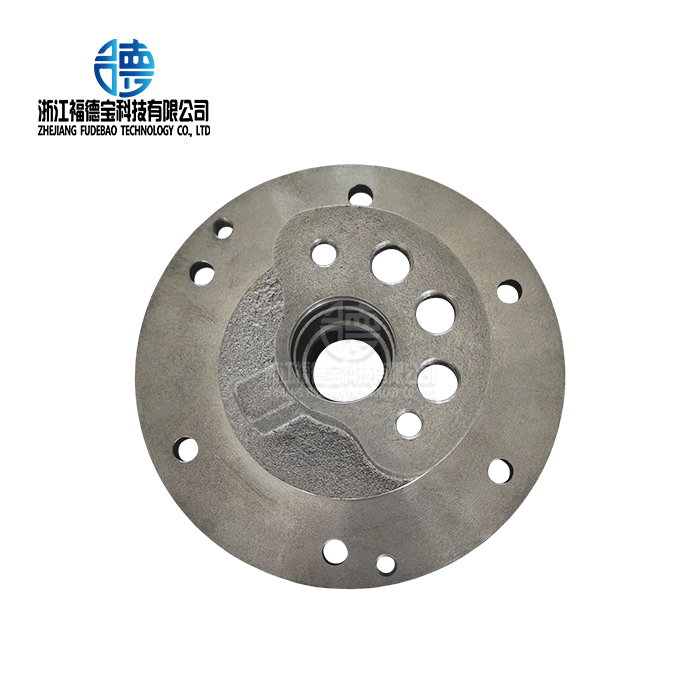
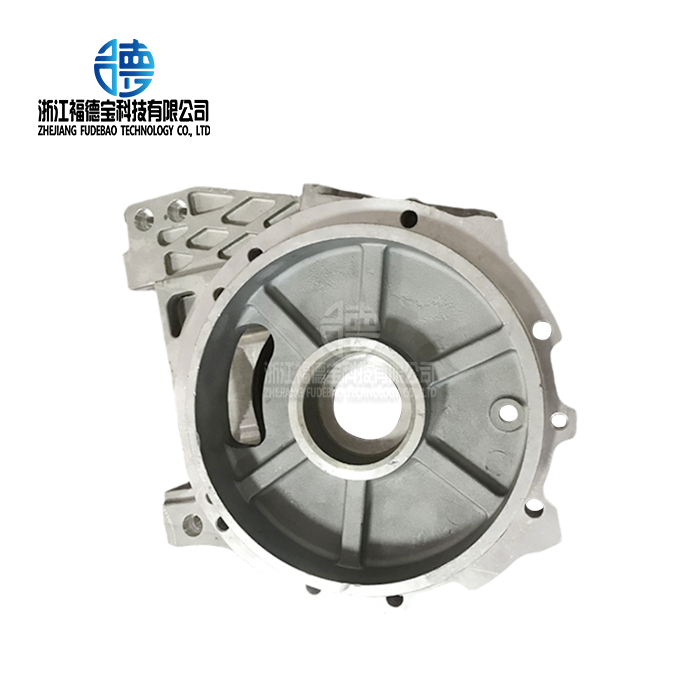
_1756352400994.webp)
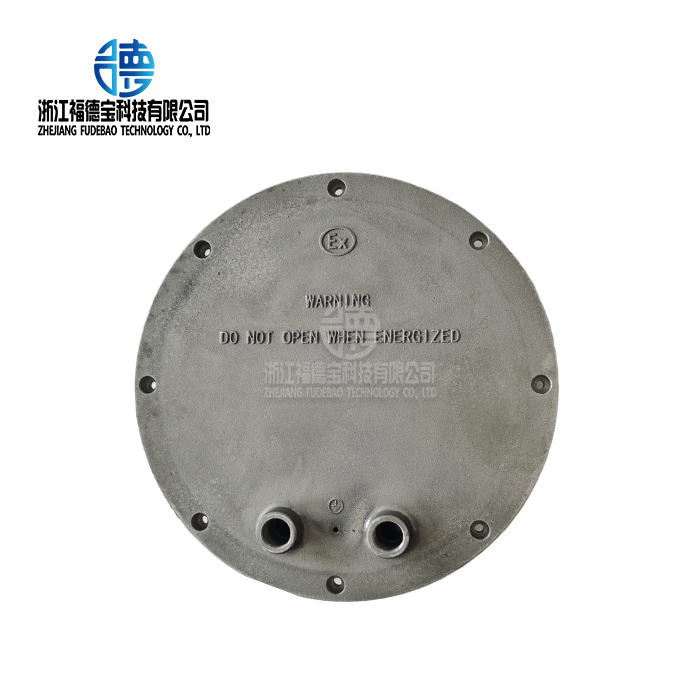
_1756361423150.webp)
